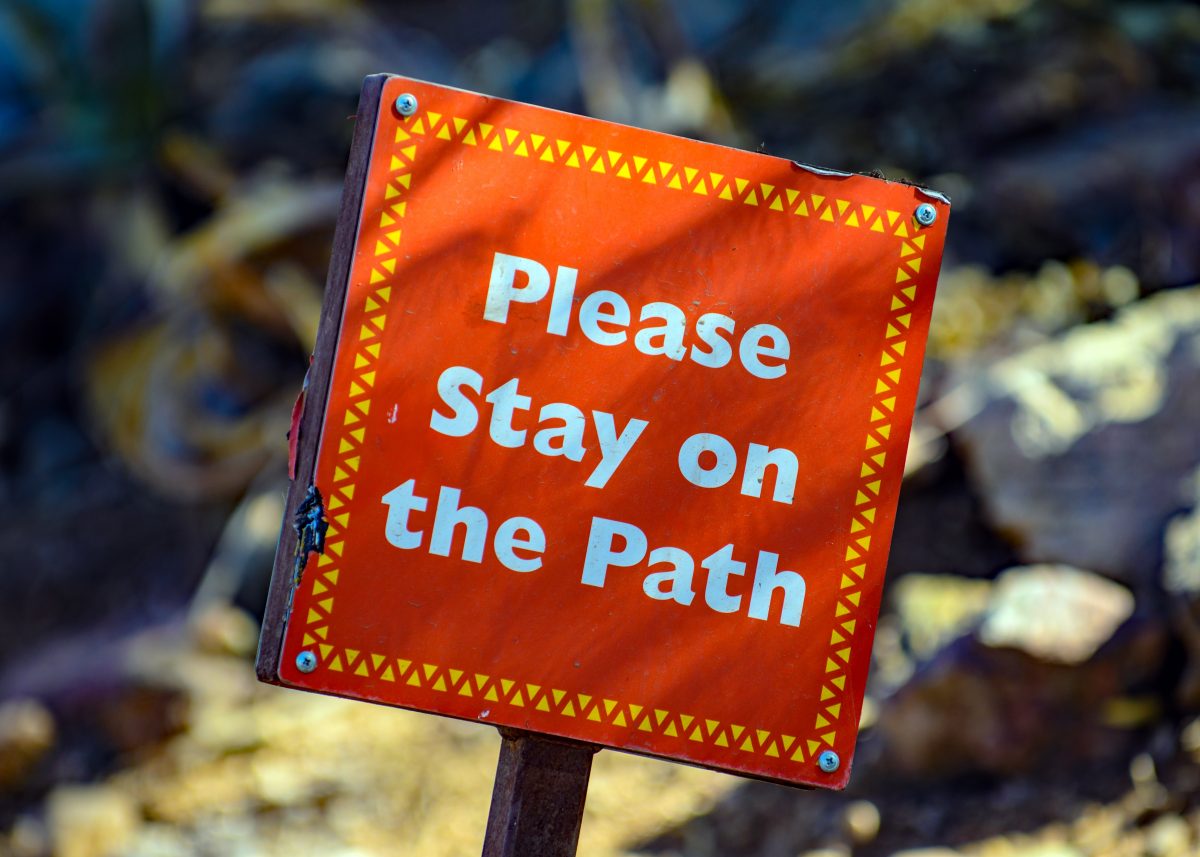When I was in high school some of the coaches were also teachers. The other teachers were respectful to the coaches, but were well aware of the difference between a coach/teacher and a teacher/teacher. Teacher/teachers thought of themselves as, well… smarter. It was subtle, but prevalent.
The feeling filtered down to students. We were pretty convinced that having a coach as a teacher was a ticket to easier classes and better grades.
On the field, the head football coach, Coach Corkery, was from the Knute Rockne school of football – no pain no gain, sacrifice everything for the team, leave it all on the field, that kind of thing.
As hard-nosed as he was on the field, though, we were pretty sure his US History course would be a snap. After all, how much could a football coach with the winningest record in decades, care about US history, right?
But we were wrong. He actually liked teaching and he really knew his history. The drill sergeant was gone. If you hadn’t done your homework, there was no yelling; he simply ignored you.
And instead of barking commands, he asked questions.
One day he walked into class with just one question: what differentiates the US version of democracy from other democracies?
Without offering even a hint of an answer, he watched us argue and debate for the entire 50 minute class. Just before the bell rang, we hit on an answer: protection of the minority. He smiled and waved us out.
Like all lessons one learns for oneself, it was one I’ll never forget.
The concept is embedded in the Constitution, inherent in Freedom of Speech, Freedom of Religion, States Rights, the Amendments, and the Justice System. Even the basic three branches of government are designed to protect against too much centralized power.
Small wonder so many of our regulations stem from the Constitution’s protections of the minority.
When Teddy Roosevelt came into power there was an imbalance between the haves and the have-nots. People like Rockefeller had cornered the market on oil, creating a monopoly that cut out other providers and controlled prices. So Teddy outlawed monopolies to protect those without money and power.
In the 1930’s, his younger cousin, Franklin, further balanced power with a series of regulations designed to protect the have-nots from the haves.
The Glass-Steagall Act separated investment banking from personal accounts, so banks couldn’t use your savings to fund their investments (the kind of thing that led to the Great Depression and, more recently, after Clinton dumped Glass-Steagall, the 2008 Great Recession). Roosevelt added Social Security to protect retirees from becoming homeless. He established the Tennessee Valley Authority to bring electricity to the poor in the Tennessee Valley.
From the thirties through the sixties, unions organized workers and gave them power to balance that of the big companies. They pushed through laws protecting the minority they represented – the middle class. So the middle class thrived.
Recently, though, with the arrival of Silicon Valley Oligarchs and an economy and tax system that benefits the very wealthy, the pendulum has swung back to the side of the haves.
Now Rockefeller has been replaced by Comcast’s Roberts, Carnegie by Amazon’s Bezos, Mellon by JP Morgan Chase’s Jamie Dimon, and so many CEO’s who are paid five and six hundred times what many of their employees are paid.
We’re living in a second Gilded Age.
Why does the pendulum keep swinging back and forth? Because human beings are competitive and have been since the first caveman grabbed the biggest cave.
You see competition in every aspect of today’s world, from sports to politics to economics.
Competition fuels capitalism which has led to the great success of the US. We all want the biggest cave. The only problem is that capitalism, unregulated, becomes the law of the jungle; a lot of people end up with no cave.
Socialism goes the other way. Countries in Scandinavia, for example, have tons of regulations designed to make sure everyone gets basic necessities. Minorities are protected. So, everybody gets a cave of some sort. But socialism also discourages the incentive to compete.
So there’s a natural tension between capitalism and socialism, between the law of the jungle and the law of humanity.
Between protection of the powerful and protection of the powerless.
The question for the regulators – and voters – is: how much is too much and how little is too little?
